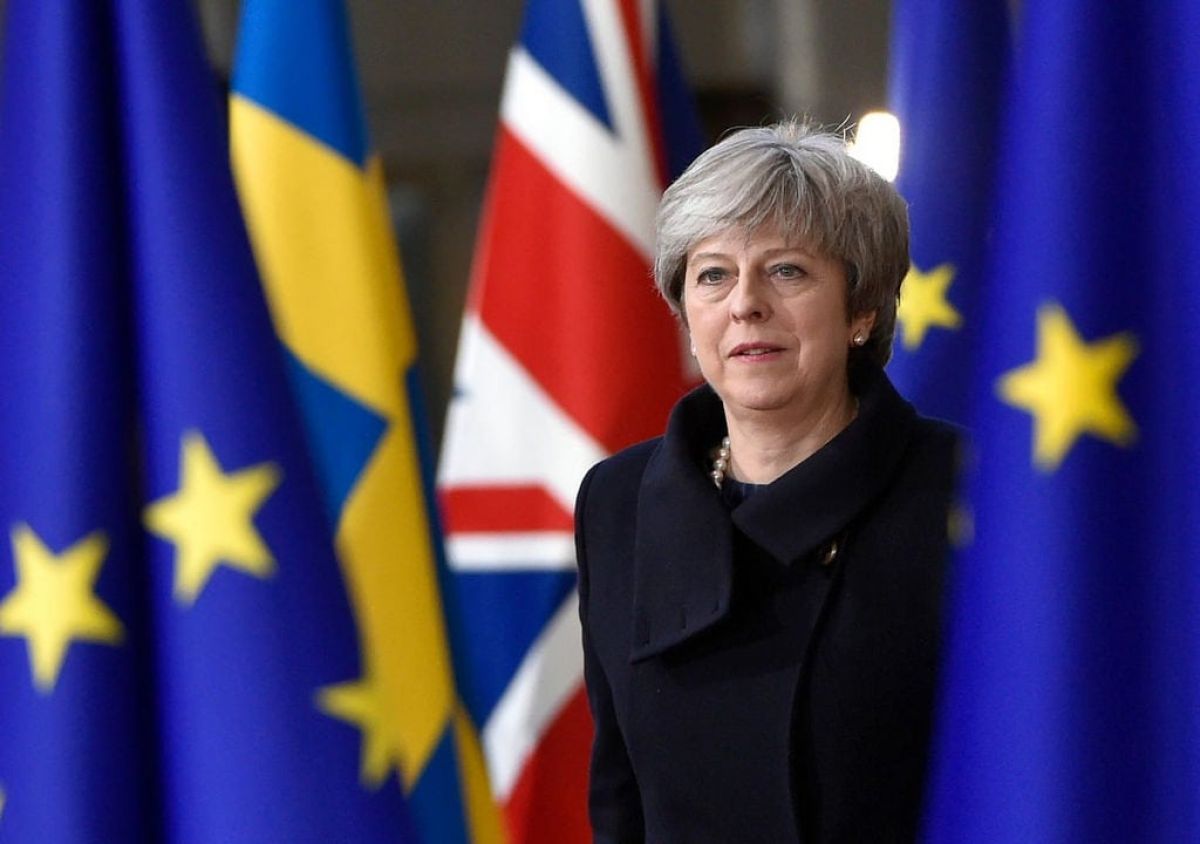
Greater Manchester MPs have expressed displeasure at a new government fund, organised in a bid to reduce the effect of Brexit on struggling towns across the country.
Although the funding will amount to around £1.6 billion in total, it will be split between a variety of towns cross the Midlands and the North, and the North West will only have access to around £40 million for the entire region until 2026.
Theresa May launched the proposal on a platform of assuring equality in prosperity, but many see it as a thinly-veiled attempt to gauge support for her faltering Brexit plans in low-income communities, and areas that voted to leave in June 2016.
However, the new fund has once again been placed at the heart of the regional inequality debate, with key figures across the Greater Manchester political scene expressing the insignificance of the new investment in comparison to the widespread cuts forced open councils since 2010.
For example, since 2010, Oldham council alone have been forced into over £200 million of involuntary cuts, a figure five times the size of the North West’s slice of the new struggling towns pot.
Oldham West and Royton MP Jim McMahon criticised the government for an error of focus.
“Our towns have been left devastated by decades of under-investment and the loss of quality jobs and hope for the future,” he said. “Brexit was a wake up call that things had to be different, but instead we are offered the same old cynical politics of the worst kind.”
Wigan MP Lisa Nandy was also among those that attacked the fund as a one-off payment that didn’t address deeper-seated issues.
Many see the fund as a way of mitigating the short-term impacts of Brexit, while failing to address the lasting division between North and South.
Salford Mayor Paul Dennett was keen to ensure that funding was not dependent on supporting May’s deal: “Our town centres are in desperate need of investment and I sincerely hope this funding isn’t conditional on supporting the Prime Minister’s Brexit deal, nor do I hope that this results in further cuts for local government as we enter the next spending review.”
Meanwhile, Communities Secretary James Brokenshire backed the new funding, say that councils could apply for it on a needs-based basis: “We have listened to people who are concerned by momentous changes to their communities and I am determined to provide the support they need to create a more prosperous future beyond Brexit.”







